30 and falling: the new female frontier of emotional intelligence in pop
Artists like Adele, Hayley Williams, Florence Welch and Self Esteem are articulating the personal devastation and emotional maturing that happens as you hit 30
By Hannah Ewens

On a plane as a child, I asked my mum why the flight attendants told us to take the brace position. Her answer was not convincing: in case something fell on me, to protect my head. Later, once I had access to the internet, I sought the real reason: if there was a crash, it would break your neck and kill you instantly. But this fatalistic conspiracy theory has since been debunked — it’s really to reduce flailing; to stop you lashing out and hurting yourself.
I often think about that when someone I know is going through destabilising change over a series of moments, weeks, months. Mentally, we use a similar method of self-protection: we will thrash and lie to ourselves and do almost anything to withstand an emotional fall, to overcome the uncertainty of where we will land, and only hurt ourselves in the process.
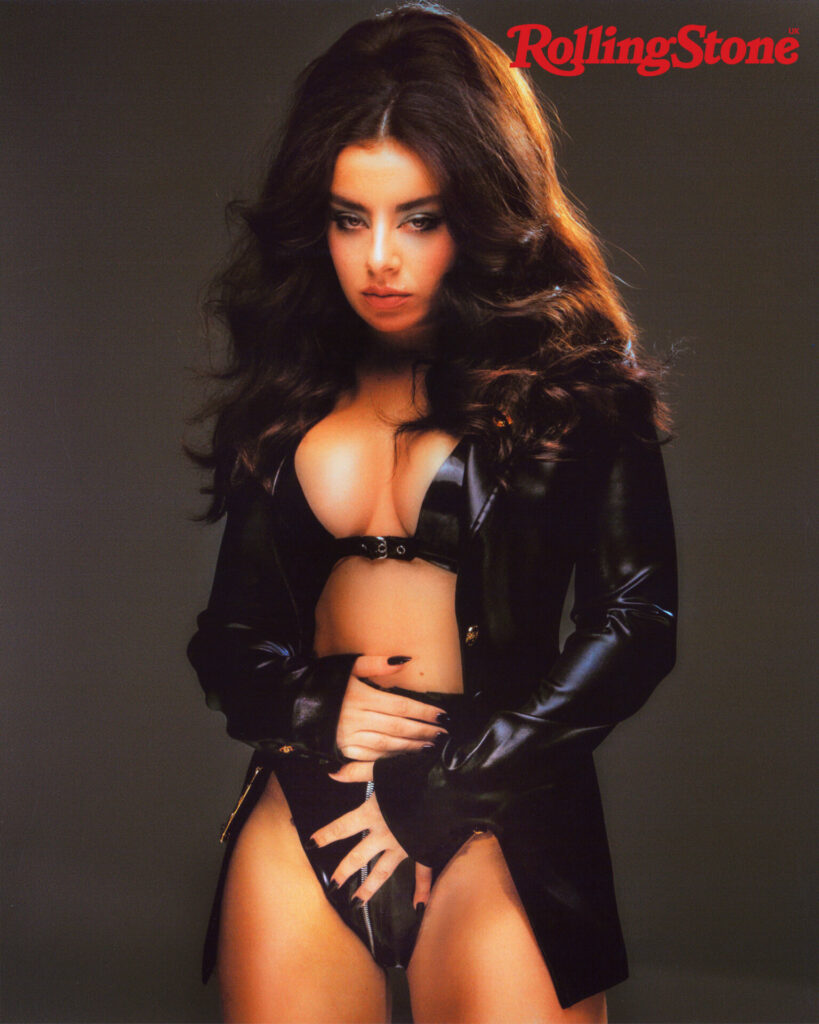
As you reach the latter end of your twenties, your personal life as you know it often comes to an end, whether consciously or subconsciously by your hand (and we socially agree to call it circumstance or “just bad luck”). For some, the passage of time has a consolidatory effect; events continue to slot into place in the way they should, or as we would wish them to. Career people have their big break, happy couples get married and/or have babies. Increasingly, though, for many of us — pop stars included — this second puberty that takes place around the age of 30 involves a semi-dramatic life re-ordering that we’d rather ignore.
For Hayley Williams, the reaction to this shift was uncharacteristically picking at her appearance on her wedding day; writing dark, portending lyrics about her then husband on the Paramore album After Laughter; sitting in the tub with a bottle of champagne on tour feeling her anger and sadness seep into the water as her best friends played games together next door; leaving her marriage, home and possessions behind and sleeping on a mattress on the floor of an unfamiliar new house.
“I’m going to be 30 in August and that does feel like ‘now you’re an adult, do adult things; twenties are over, what’s happening with your life?‘“
For Adele, it was drifting through her days feeling disconnected from her sense of self; a magazine quiz with her friends, reaching the question: “What’s something no one would ever know about you?” and answering “I’m really not happy”; waking up one morning after her birthday and seeing a “tsunami of emotions” coming for her; regularly explaining divorce to her young son.
For me, it was doubling over in public from the foreshocks of heartbreak and shrugging it off; waking up on friends’ sofas before work at my new job; the sort of circular, fraught conversations about getting back together that you inevitably have when you’re forced back into close quarters; hearing the front door close, falling to my knees and crying “Why!” at the sky, a tableau of pain so ridiculously comical I had previously imagined it only belonged in bad films or children’s cartoons.
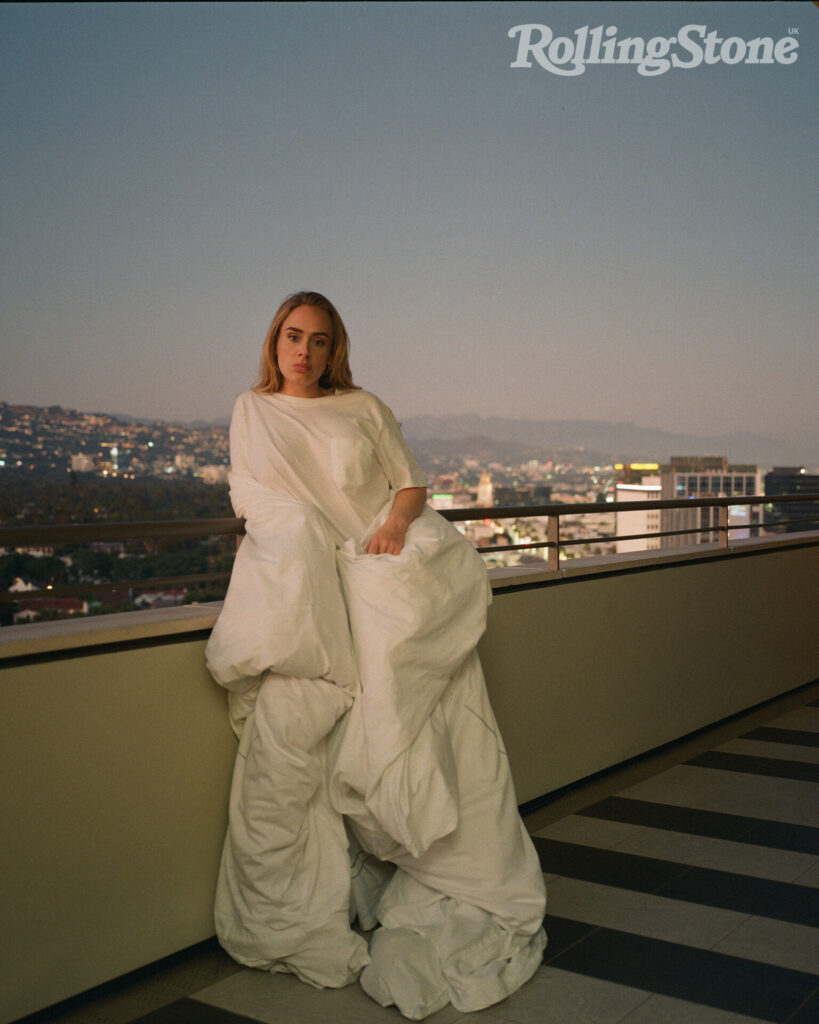
Eventually, there is clarity. My 30th birthday was a cerebral exorcism: I woke up with a wet face knowing that a web of subtle thoughts and behaviour had to change. Technically, I suppose, it was a choice to end unhelpful ways, but it felt more like knowledge that had been calcifying in my body for years suddenly filled my bones like fluorescent marrow.
Society calls this becoming a ‘grown-up’. Although much has been written about millennials maturing late due to our lack of money, material possessions or career progression in the wake of the recession, Brexit or the Covid pandemic, this age has always been a significant milestone. As pop star Charli XCX said in her interview with Zane Lowe to promote her recent album about break-ups and sex — notably called Crash — she’s at the end of an era in her life and career: “Obviously, age is just a number, but I’m going to be 30 in August and that does feel like this sort of societal age of ‘now you’re an adult, do adult things; twenties are over, what’s happening with your life?’”
“The record feels tense with the issue of whether female artists are too selfish to bring life into the world”
Psychology calls this transition individuating, while in astrology, it’s known as a Saturn return, when the planet returns to the position it was in when you were born for the first time. (Adele says she went through the transit ahead of writing 30, half-joking: “It’s where I lost the plot.”) Indie pop artist Mitski summarises this force succinctly in ‘Working for the Knife’, the lead single from her new album, when she sings that “maybe at thirty, I’ll see a way to change”.
Regardless, all this refers to the same era: the “lessons” of your young adulthood and subsequent life changes come to fruition and you start again, wiser, surer of what you want, more deeply feeling but faintly deranged, like Nicole Kidman in those 2001 post-divorce paparazzi photos — naturally, she was in her early thirties.
When we’re talking about women and pop music, the latter has historically been a game played by and for teen girls and young women. In her 2018 profile on Robyn, critic Laura Snapes wrote of the ‘Dancing on My Own’ superstar, then approaching her late thirties: “Her situation highlights one of the paradoxes of pop: so much of the business is built on selling the kind of self-belief that only truly comes with age, yet few artists are allowed to mature on their own terms.” She notes that longevity for women means disappearing into the background to write for younger artists or aggressively protecting their existing personal brand.
“The expectation is still for women to be wife, maid, mother and therapist”
Following the logic of the industry, pop’s remit is the euphoric world of partying, lust and first heartbreak. It has only recently become more thematically diverse, with artists as varied as Beyoncé and Neneh Cherry helping to change that. In 2018, the same year as Snapes’ profile, Jude Rogers wrote in her essay ‘How Pop Stars Are Growing Up Gracefully’: “Pop’s standard currency, until now, was always aspirational fantasy, not nuanced reality. It never really allowed itself to enter the real world before. Or perhaps the suits never really allowed it.”
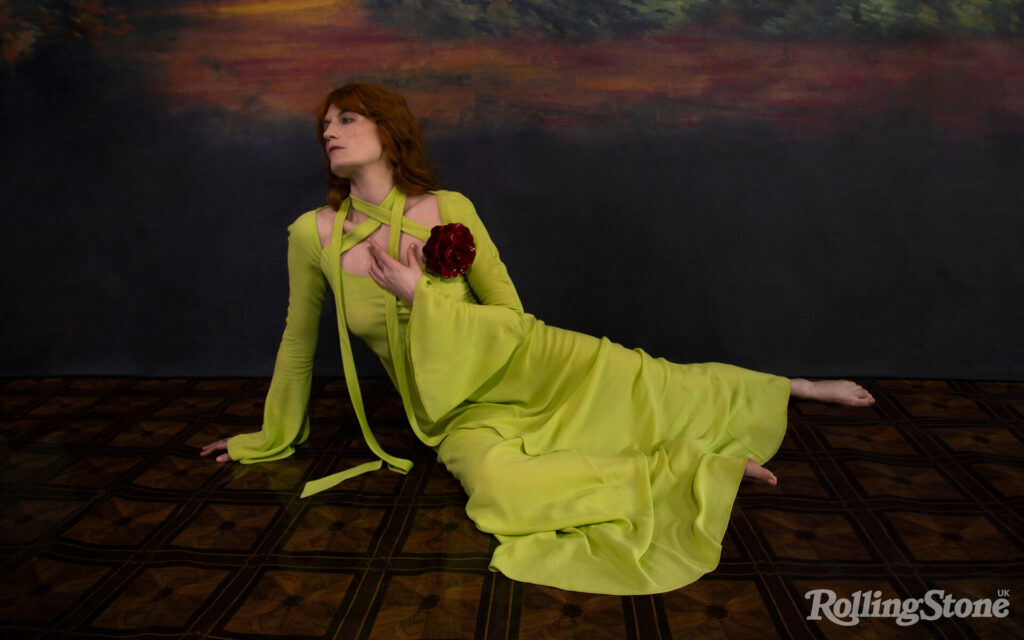
Reality is, in some ways, a synonym for adult. Over the decades, female fans and critics over 30 have frequently commented that pop music is not for them, not speaking to them and questioned whether there is music in the mainstream catering to them at all. The terrible age has been referenced in pop songs like Lily Allen’s ‘22’ and Amy Winehouse’s ‘Fuck Me Pumps’ as an embarrassing, almost threatening milestone, beyond which a woman’s value deteriorates, to be saved only by marriage and domesticity.
Since the beginning of the Coronavirus pandemic, a host of mainstream millennial female pop artists like Hayley Williams, Adele, Self Esteem and Florence Welch have written about navigating that difficult transition out of their twenties and the challenge to negotiate a different future for themselves in their next decade of existence. Their work illustrates a newer type of female self-actualisation, reflective of the culture, one that’s about romantic relationships but also what women must do to thrive and grow emotionally. It’s pop-leaning music that arguably exists to speak directly to women of a similar age. In an interview with Zane Lowe, Adele even said, “If everyone’s making music for the TikTok, who’s making music for my generation, for my peers? I’ll do that job gladly. I’d rather cater to people that are on my level in terms of the time we’ve spent on Earth.”
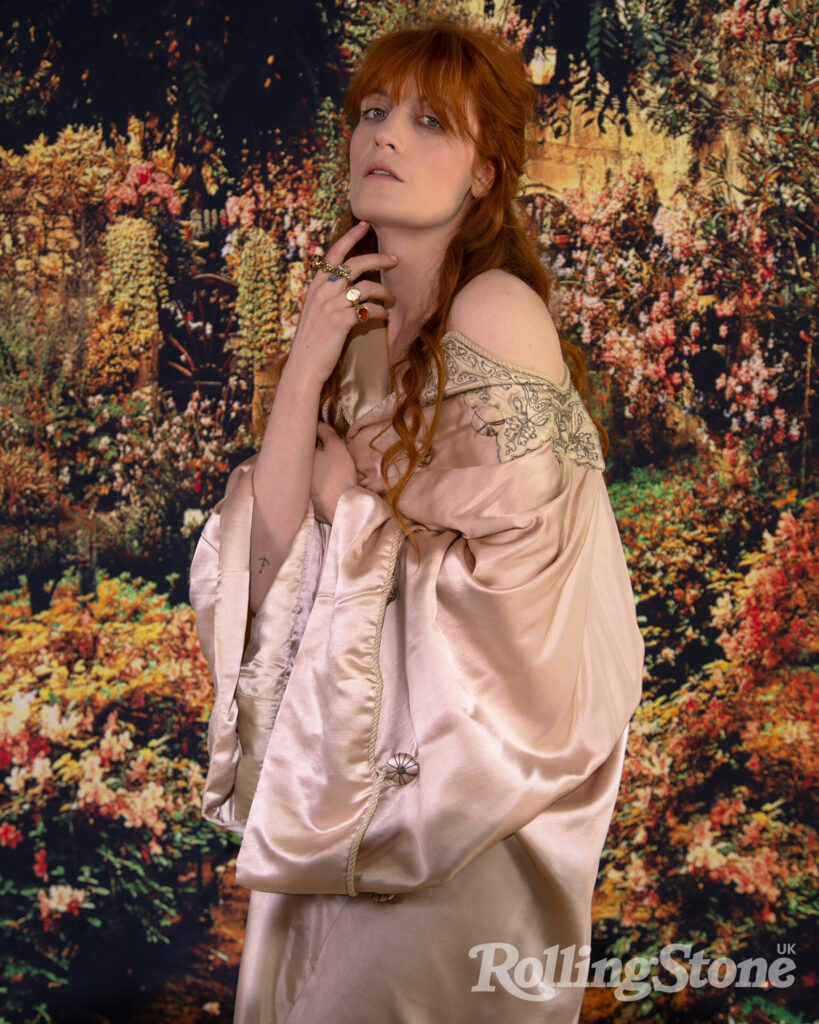
Our dominant mode of consuming pop culture now, a hang-up from the 2010s, is one of relatability. We automatically home in on who or what we are supposed to assign to the self and what art means for us as individuals. A part of why these albums have been so critically successful is down to the fresh familiarity of the stories they tell.
“Both Hayley Williams’ Petals for Armor and Adele’s 30 work chronologically… to chart emotional growth from romantic devastation to a sense of fullness, or at least hard-won knowledge”
I’m not sure whether it’s that pop music has expanded to contain multitudes so much as the conditions in which these artists are having this grand entry into adulthood allows the exploration. They’re part of a generation more exposed to therapy than the women who came before, who raised us. Ideally, we know when we’re being terrible or dysfunctional just as well as when our partner or relationship is and have the Instagram infographics and self-help language to navigate that if we want to change it. We can identify how we’re feeling and are encouraged to leave difficult or dangerous situations, whether at work or home.
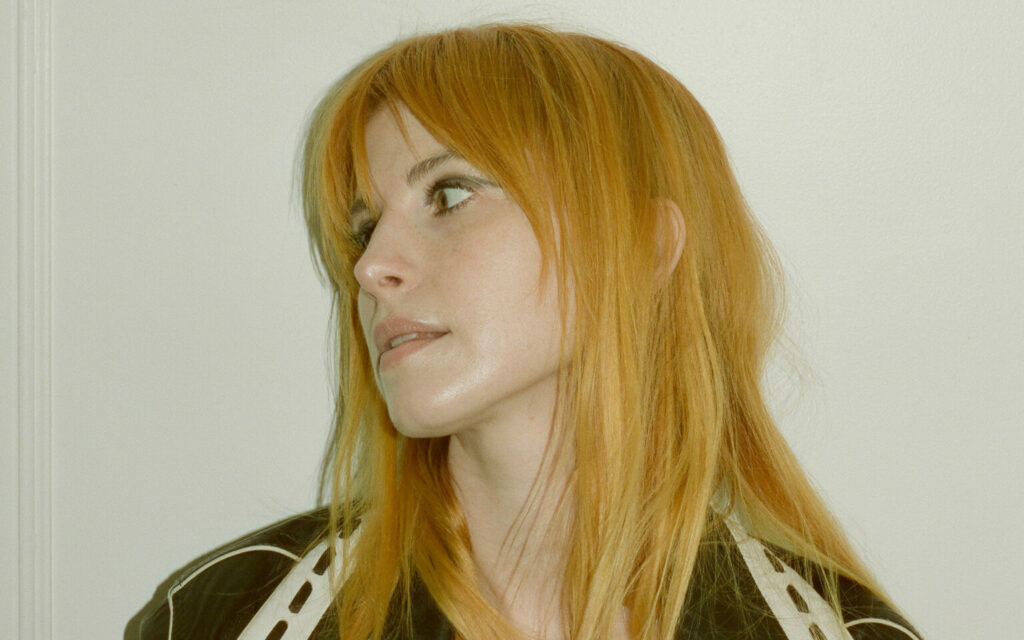
Simultaneously, the girlboss feminism of the 2010s pummelled it into us that as a woman you can do life all on your own. By the time we gathered the emotional maturity and experience to look after ourselves, we realised you can’t grow much of a future by yourself today, financially or emotionally, through a pandemic, economic strife and climate crises. There are some things you can’t achieve outside of a pair. Your thirties become about finding ways to reckon with that: stabilising, building, sacrificing. And then there is really nothing like romantic love at its best: feminism and pop culture have never really showed us what that could be.
This is the collective psychological landscape in which women seek to assess their most intimate relationships with others as well as their relationships with themselves.
‘It’s a cool thing to be coming of age again,” Williams tells me. “We all have it coming into our twenties but there’s really something about the [late twenties] and beginning of your thirties that you can’t explain to your 18-year-old self — nobody can explain it to you when you’re that age because you’re not even supposed to have the same world view. To me, if we don’t have the chance to express the extreme feelings as teenagers and twenties, then we’re not understanding the full breadth of our emotional range.”
Both Hayley Williams’ Petals for Armor and Adele’s 30 work chronologically — Williams released hers in EP chapters — to chart emotional growth from romantic devastation to a sense of fullness, or at least hard-won knowledge. On the lead single ‘Simmer’, we meet Williams naked and running from something or someone through a forest. “Rage is a quiet thing,” she sings. Before this age, Williams says, you don’t have all the “tools in your belt to understand the world and that there are things you can do about it: that you don’t have to stay in an abusive cycle, you don’t have to stay in a moment that feels like you need to die.” Something of a consolidation of experience is happening up to this point so that action can take place.
“If everyone’s making music for the TikTok, who’s making music for my generation, for my peers?”
The record leans on feminine symbols like nature and flowers blooming and her emancipation is found through solitude and making a new home, one that demands that she fully exist in her body. “Home is where I’m feminine / Smells like citrus and cinnamon”she sings on ‘Cinnamon’ and exalts, “I’m not lonely, baby, I am free / Mmm, finally.” By the second half, the journey has shifted to one of sex and play: in the video for ‘Over Yet’, a buoyant call-to-arms for anyone struggling, Williams dances in her lounge wearing a T-shirt that reads ‘Pure Pleasure’.
Like this lean into femininity and the home, Adele references old romance and notions of feminine glamour. 30 opens with a Judy Garland-style track, ‘Strangers by Nature’, that twinkles underneath Adele’s Hollywood vocals. Like Dorothy walking out into an unknown land, such is the nature of this new frontier of life: “I’ve never seen the sky this colour before / It’s like I’m noticing everythin’ a little bit more.”
My favourite track on the album, one that never fails to draw out goosebumps on my forearms, is the penultimate piano ballad ‘To Be Loved’. In it, Adele owns how the responsibility for a better relationship is mostly on her shoulders: “It’s about time that I face myself / All I do is bleed into someone else.” The central message is that of 30 in its entirety: the rupture of her divorce and heartbreak had to happen for her to progress into a greater love for both herself and someone else: “To be loved and love at the highest count / Means to lose all the things I can’t live without.” The song posits that operating relationally at the previous level wasn’t enough. It doesn’t know what the “more” is, but it knows it’s out there.
“[Self Esteem’s] Prioritise Pleasure was celebrated for outlining how womanhood still feels like constantly juggling contradictory terms: be impactful but not threatening, be carefree but care about the needs of everyone around you, be yourself but conform”
Pleasure is a key mode of exploration for Self Esteem, just as it is for Williams. The British pop star’s album Prioritise Pleasure was celebrated for outlining how womanhood still feels like constantly juggling contradictory terms: be impactful but not threatening, be carefree but care about the needs of everyone around you, be yourself but conform. For many women of this age, taught to gravitate around their loved ones and others like a desperate planet, the nagging feeling that you’re running out of time to do what you want reaches an apex. There is a way out. In the video for ‘I Do This All the Time’, the singer embraces a carbon copy of herself and hugs her tightly. “Don’t be intimidated by all the babies they have / Don’t be embarrassed that all you’ve had is fun / Prioritise pleasure,” she instructs herself.
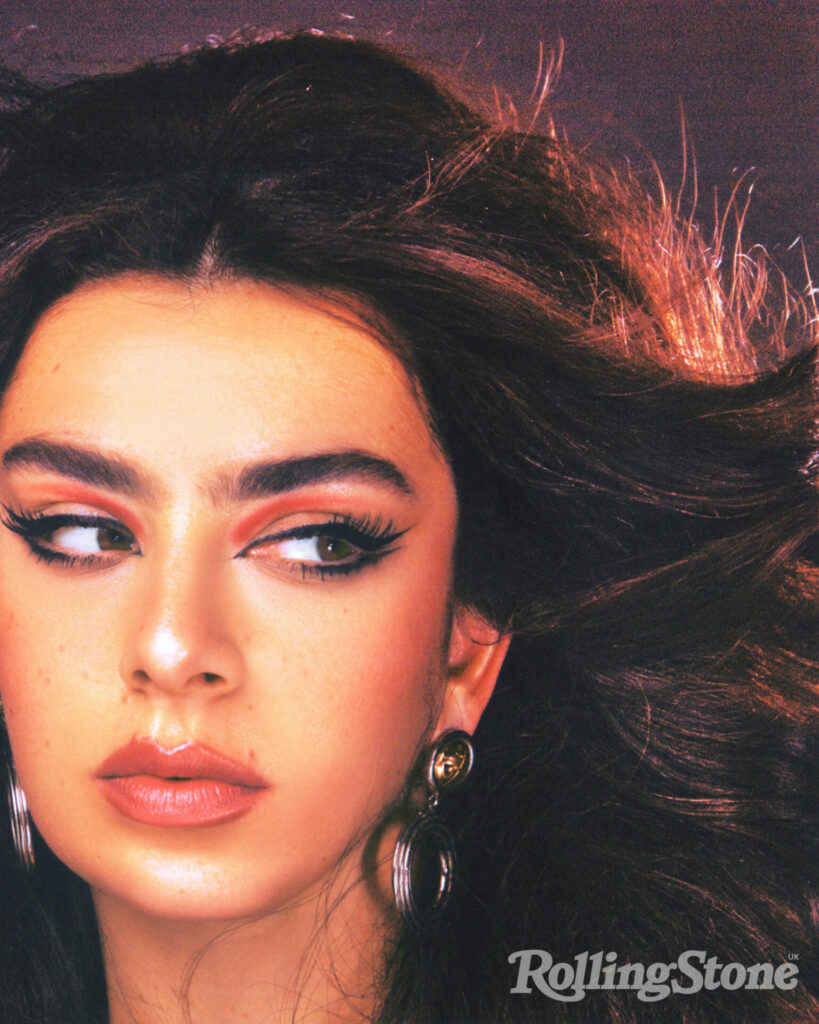
The eternal question of babies or life still plagues women when it often feels that men can just be men. Welch opens her new album Dance Fever with the lines: “We argue in the kitchen about whether to have children / About the world ending and the scale of my ambition /And how much is art really worth.” Much of the record feels tense with the issue of whether female artists are too selfish to bring human life into the world or even have great relationships. On ‘Dream Girl Evil’, a wry song about the projections and fantasies men place on girlfriends and wives, she asks either a male partner or the general public or both: “Did I disappoint you? Did Mummy make you sad?” These are two lines in which so much of the uneasy feeling of heterosexuality today is captured: modern men are feminists and fundamentally more aware of their mental health and emotions, but that is often as far as it goes; the expectation is still for women to be wife, maid, mother and therapist to them, to over-function in a way that perpetuates our conditioning.
Like Williams, Self Esteem and Florence Welch repeatedly call out “I’m free” on their albums. Women being given the space — and radio air play — to express such nuanced feelings gently destabilises the unimaginative force that pushes us towards playing these set roles of the past. Across all of these artists’ works, there is a complex mixture of anger, joy, gratitude, regret, promise — no singular mood pop songs — and an embracing of this almost classical femininity, which has been untrendy in culture for many years. They each gesture towards a vision of femininity as an embodiment of rich emotions.
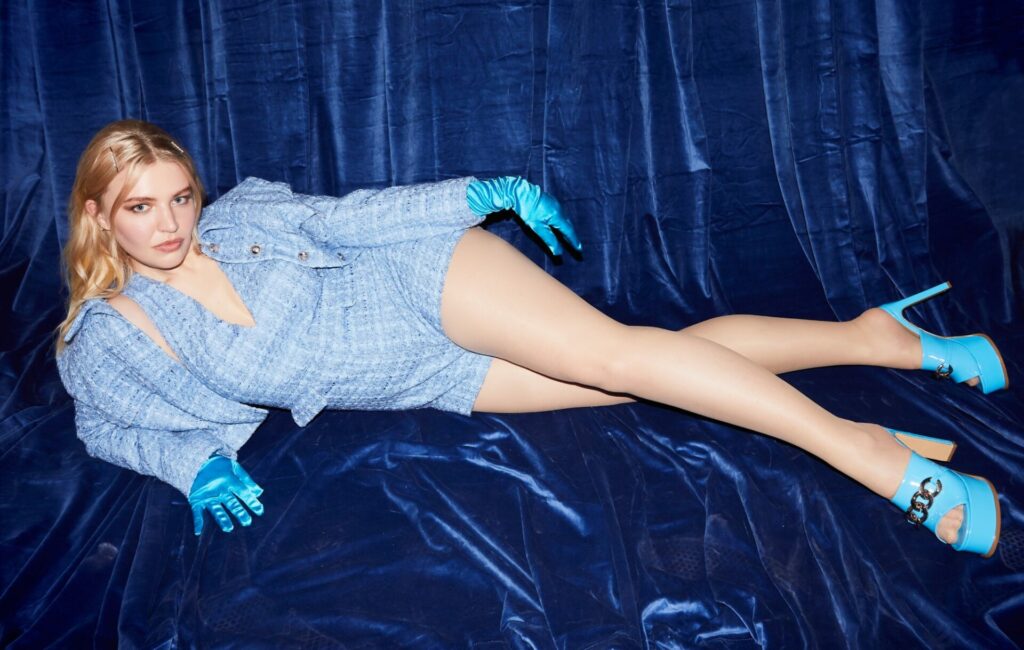
“Emotions are cyclical but I think unless you let yourself feel them, you stay on the one, and you don’t get to experience the rest,” Williams explains to me. “So, with Adele and Florence — plenty of others too, those are just the most popular examples — it’s cool seeing women speak into existence these nuanced things about existing in the world. Because we have younger generations of people who are learning how to use their anger and raw energy and they need to be able to look at people who have experienced that and are now in a different era of their life.”
Of herself and women her age, she observes, “We’re trying to grab on the reins in a different way. It doesn’t mean we’re not angry any more — there’s a lot in the world to be angry about every day — but it’s having the full palette at your disposal.”
It wouldn’t be a fairy tale without a happy ending and although these artists offer complicated conclusions, they are full of hope. Each exits the frame with more than a Fleabag “and in the end I realised my true love was… me” millennial moment (though that’s part of it).
“Across all of these artists’ works, there is a complex mixture of anger, joy, gratitude, regret, promise — no singular mood pop songs — and an embracing of this almost classical femininity, which has been untrendy in culture for many years”
With knowledge and self-respect, this music suggests you can make a different relationship with someone new, something suited to the person you are becoming underneath the unhealthy patterns as you learn to truly communicate for the first time.
On ‘Taken’, Williams honours a fated romance that happened at that pivotal age: “Might’ve taken thirty years / But I was always on my way to him.” The promise of a lasting connection continues with album closer, ‘Crystal Clear’. Over golden synths and a sample of Williams’ grandfather playing a love song he wrote for his grandmother, a woman he’d been with since they were 12, Williams is peacefully optimistic. In Paramore songs, she previously used water and drowning as metaphors when speaking about relationships; here she is floating. “This don’t feel anything like sinking,”she sings of the reward for her self-actualisation. “In fact, no matter how deep I go / Into you, it looks like the water is crystal clear.”
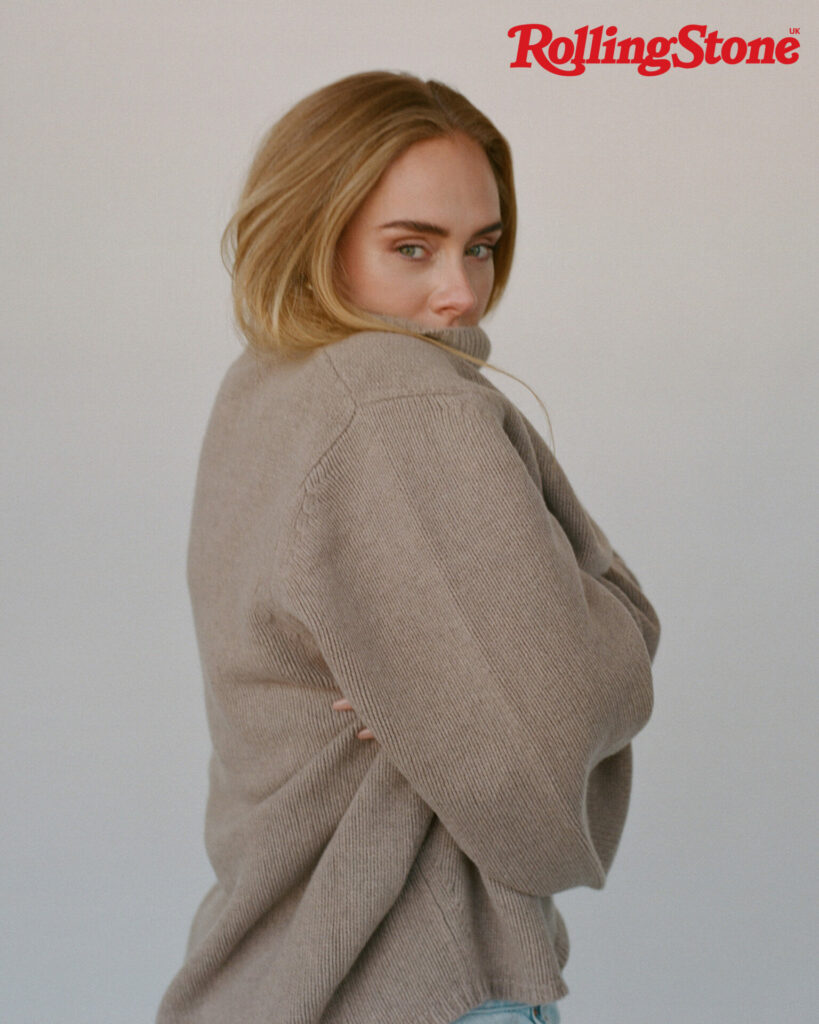
What feeling did she want to evoke at the end of the album? “Falling in love,” she said in an interview with Pitchfork. “Emphasis on the falling — because despite my fear, my toughness, or any resistance to vulnerability, I couldn’t help falling in love.”
If your thirtieth year is no longer far away and you feel the psychological pressure building, know that you’re at the ‘running naked through a forest’ stage and the ground will clear. As for advice, I don’t know what else to tell you besides the obvious: try not to take it personally as your outer world falls apart to accommodate whatever is happening inside you. Then put your hands over your head and brace for impact.
Taken from the June/July 2022 of Rolling Stone UK. Buy it here.
